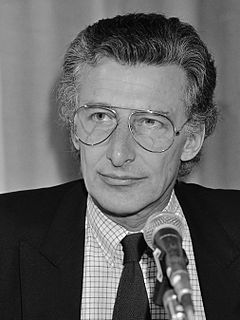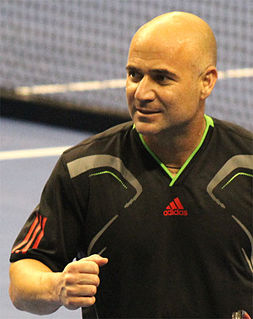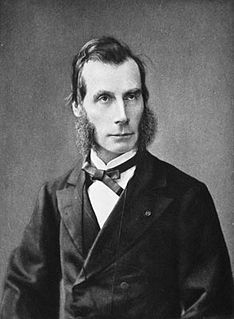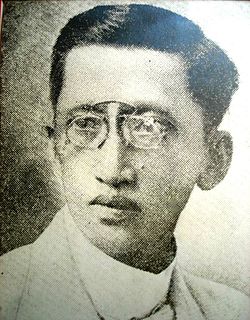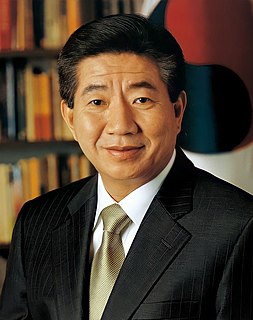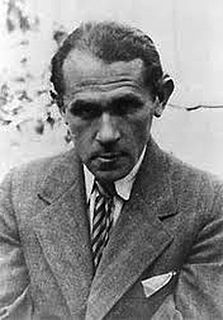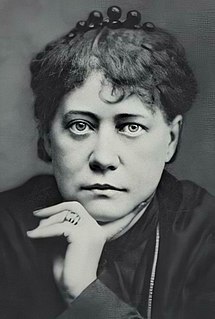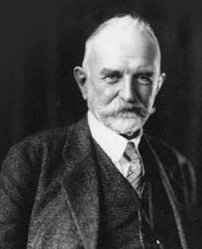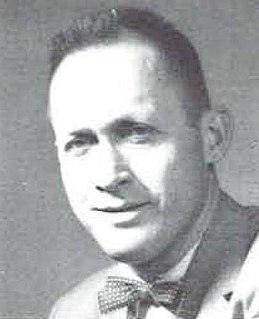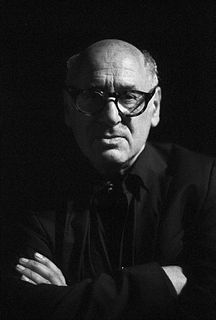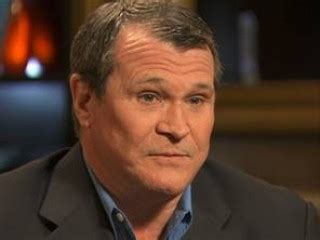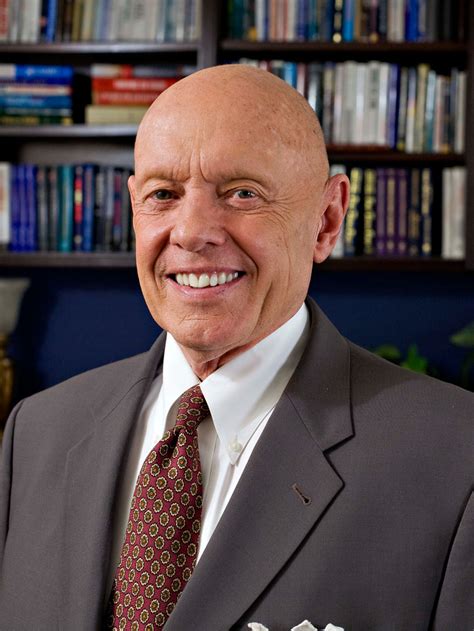Top 1200 Past Events Quotes & Sayings
Explore popular Past Events quotes.
Last updated on April 14, 2025.
The mutability of the past is the central tenet of Ingsoc. Past events, it is argued, have no objective existance, but survive only in written records and in human memories. The past is whatever the records and the memories agree upon. And since the Party is in full control of all records, and in equally full control of the minds of its members, it follows that the past is whatever the Party chooses to make it.
Besides, whoever keeps the future in front of him and the past at his back is doing something else that's hard to imagine. For the image implies that events somehow already exist in the future, reach the present at a determined moment, and finally come to rest in the past. But nothing exists in the future; it is empty; one might die at any minute. Therefore such a person has his face toward the void, whereas it is the past behind him that is visible, stored in the memory.
I have received a great deal of benefit from the simple yet difficult practice of learning to stop the internal voice in my head. I learned that the voice isn't me, and I don't need to keep rethinking events of the past nor overthink plans for the future. This skill has helped me both to focus and to pause before responding to unexpected events.
This is not remarkable, for, as we know, reality is not a function of the event as event, but of the relationship of that event to past, and future, events. We seem here to have a paradox: that the reality of an event, which is not real in itself, arises from the other events which, likewise, in themselves are not real. But this only affirms what we must affirm: that direction is all. And only as we realize this do we live, for our own identity is dependent upon this principal.
But the past does not exist independently from the present. Indeed, the past is only past because there is a present, just as I can point to something over there only because I am here. But nothing is inherently over there or here. In that sense, the past has no content. The past - or more accurately, pastness - is a position. Thus, in no way can we identify the past as past
The second noble truth states that we must discover why we are suffering. We must cultivate the courage to look deeply, with clarity and courage, into our own suffering. We often hold the tacit assumption that all of our suffering stems from events in the past. But, whatever the initial seed of trauma, the deeper truth is that our suffering is more closely a result of how we deal with the effect these past events have on us in the present.
Today’s events are tomorrow’s history, yet events seen by the naked eye lack the depth and breadth of human struggles, triumphs and suffering. Writing history is writing the soul of the past… so that the present generation may learn from past mistakes, be inspired by their ancestor’s sacrifices, and take responsibility for the future.
Widge can see the past." Poppet says suddenly. "That's why his stories are so good." "The past is easier," Widget says. "It's already there." "In the stars?" Bailey asks. "No." Widget says. "On people. The past stays on you the way powdered sugar stays on fingers. Some people can get rid of it but it's still there, the events and t hings that pushed you to where you are now.
Meteorologists have the right perspective. They ground themselves in the current conditions (today’s highs/lows). They briefly acknowledge significant events of the past (record temps). And they keep an eye on the future (five-day forecast). Honor your past accomplishments, live in the present moment, and look to the future.
So much of the past in encapsulated in the odds and ends. Most of us discard more information about ourselves than we ever care to preserve. Our recollection of the past is not simply distorted by our faulty perception of events remembered but skewed by those forgotten. The memory is like twin orbiting stars, one visible, one dark, the trajectory of what's evident forever affected by the gravity of what's concealed.
Men of Oregon, I invite you to become students of your events. Running, one might say, is basically an absurd past-time upon which to be exhausting ourselves. But if you can find meaning, in the kind of running you have to do to stay on this team, chances are you will be able to find meaning in another absurd past-time: life.
Those of us who obsess over every word and action are constantly recalling past events, but that doesn't make them any less painful, nor does it help us transcend them. To write memoir, you have to not only recollect past events, you have to revisit them. You have to get back to the mental and emotional state you were in during those events.



